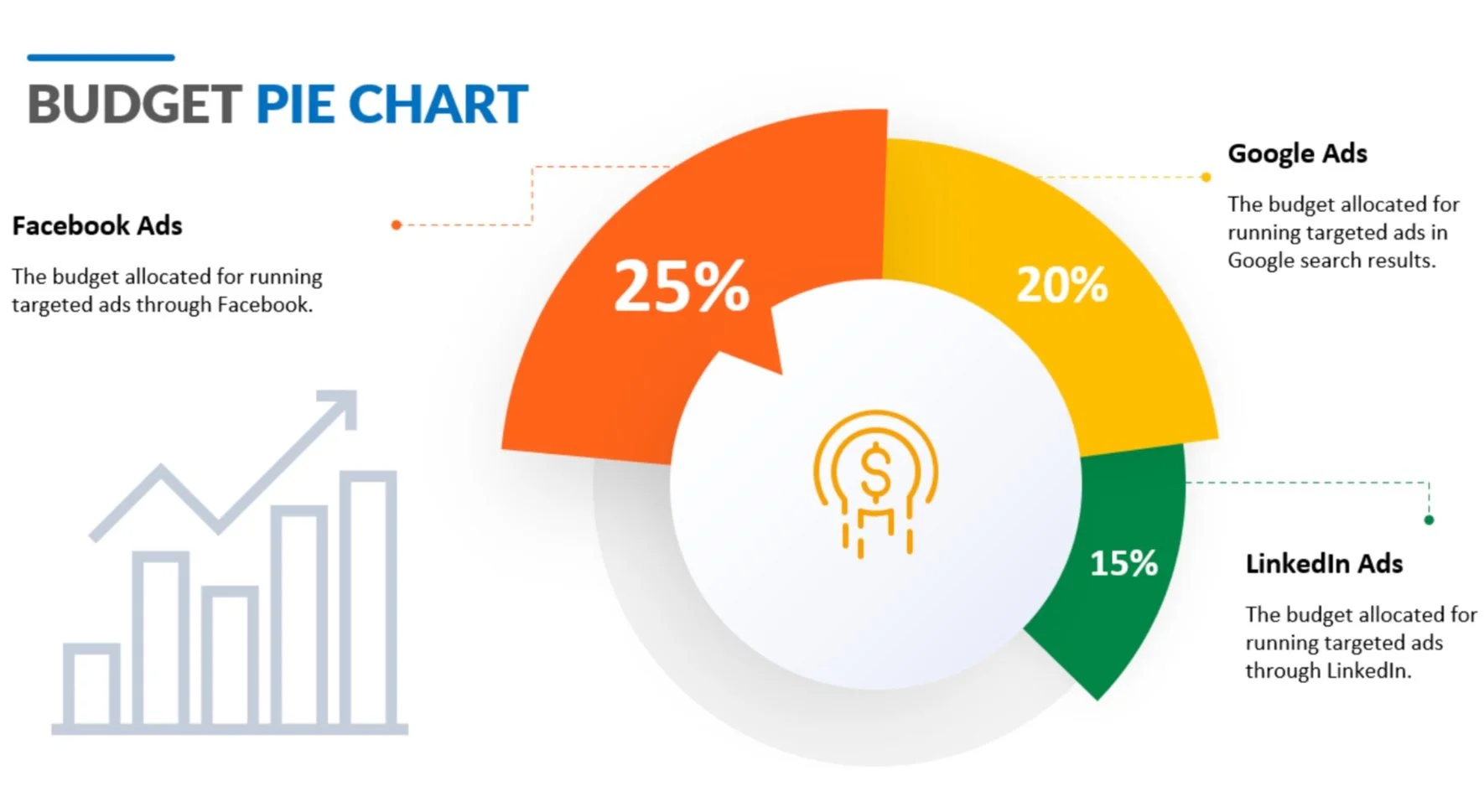Bookkeeping Basics: What Every Small Business Owner Should Know
Being a small business owner in Australia gives you freedom, flexibility, and control — but it also means staying on top of your own finances. Whether you're just starting out or looking to streamline your business, understanding bookkeeping basics is essential.
In this guide, we’ll walk you through the core bookkeeping practices every sole trader should know to keep your business running smoothly and stress-free.
Why Bookkeeping Is So Important
Bookkeeping isn’t just about entering numbers. It’s about knowing how much money you’re making, what you're spending, and where your business stands financially.
Benefits of proper bookkeeping:
Know your cash flow at all times
Make better business decisions
Be ready for tax time
Avoid fines from incorrect ATO reporting
Separate Business and Personal Finances
One of the first things every business owner should do: open a separate business bank account. This makes tracking income and expenses easier and ensures you’re not mixing personal spending with business costs.
This simple step makes your books cleaner — and life easier come tax time.
Record All Income and Expenses
Every dollar in or out of your business matters. You should:
Record sales, payments, and deposits
Keep receipts for all business purchases
Use software like Xero or MYOB to stay organised
Even small purchases like parking or software subscriptions count as deductions!
Invoice Properly and Get Paid On Time
Invoicing is how you get paid — so it should be done promptly and professionally. Be sure to:
Send invoices as soon as the work is done
Clearly state payment terms (e.g., “7 days”)
Follow up on overdue invoices
Consider using online tools that automate this for you.
Know Your Tax Obligations
As a small business owner, your tax responsibilities might include:
Reporting business income in your personal tax return
Registering and reporting for GST (if turnover exceeds $75,000)
Keeping accurate records for at least 5 years
Staying organised throughout the year means fewer surprises at tax time.
Ask for Help When You Need It
Bookkeeping can be time-consuming and confusing — and that’s okay. Working with a professional bookkeeper (like us!) can free up your time, ensure accuracy, and keep you compliant.
You focus on your business — we’ll take care of the books.
Final Thoughts
Staying on top of your finances is essential for any small business owner. Whether you're just starting out or growing steadily, having a structured system in place can save you time, stress, and money come tax season. That’s why we’ve created a simple yet comprehensive Bookkeeping Checklist for Small Businesses—designed to help you stay organised, compliant, and confident in your financial records.
Download the free checklist now and take control of your books today!
Need a hand with your books?
📅 Book a consultation with The Bookkeepers Touch today and let’s simplify your business finances together.





